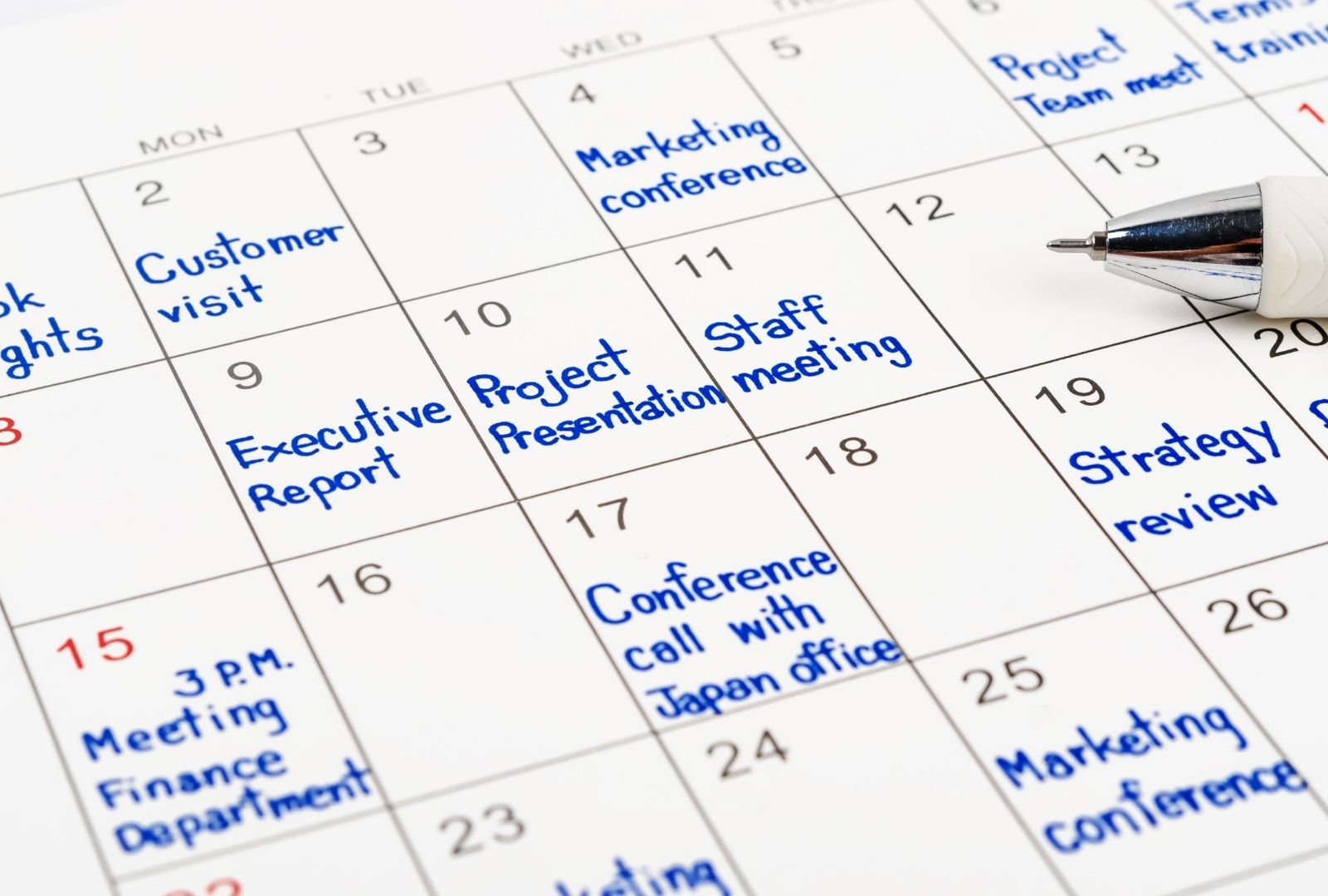I was chatting with a leader of a large bank recently, and we were mapping out his schedule for the upcoming weeks. He mentioned he was going on leave next week for a family trip and was really excited about it. But I could sense a bit of guilt in his voice. He said he had so much to do at work that he hadn’t spent any time planning or organising the trip.

So, let me ask you: on your deathbed, what will you remember more? The next strategic planning meeting with your team or that amazing family vacation?

For me, the answer is obvious – it’s the family time. If that’s the case, why do we spend so much time planning for work and so little time planning the things that truly matter, like our personal time?
In this video, I want to share three simple steps to enhance effectiveness.
Right now, I’m in the heart of Australia with Dominique, a close friend, and a group of mates, tackling the Great Central Road. For those who know Australia, it’s a vast country, and this trek spans about 1,200 kilometres of unique red sand landscapes. You can see the track and our car behind me – it’s absolutely stunning, and we’re having an amazing time.

What’s struck me most is the amount of time Dominique has spent preparing and organising this trip. He bought the car a year ago and meticulously prepared it with all the necessary equipment – from a fridge and drawers to a compressor. He even designed a removable system for when he’s not trekking.
Dominique also spent hours planning the itinerary, choosing the best tracks and side tracks. And the equipment – you name it, it’s in that car. Every time I think of something we might need, Dominique has it ready.

So, here’s my advice for applying this approach to your priorities: Write it, Plan it, Do it.
Write it: Identify your big rocks – your major priorities – at the start of each quarter. Write down that your family trip (or any other personal priority) is important. Dominique did this a year ago, making it a priority for four quarters.
Plan it: Every week, review your big rocks and ask yourself what you need to do to make progress. Take small steps. Don’t try to plan everything in one or two weeks. Spread it out over the quarter, and each week, plan two or three actions to move things forward.
Do it: There will always be urgent work tasks vying for your attention. But be strong and dedicated. Just do it. Make sure you take the time to plan and prepare for what truly matters.
For me, this approach of prioritising what really matters is crucial.
So, my question to you is: Have you taken the time this quarter to decide your personal priorities? And if you have, do you ask yourself each week what small steps you need to take to make progress?
This is this week’s Work Smarter: Live Better tip.
Hope you have a lovely day!
A bientôt,
Cyril




